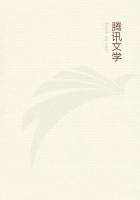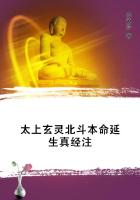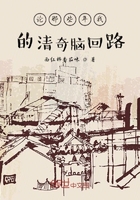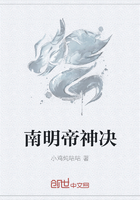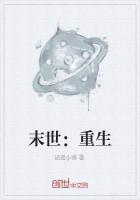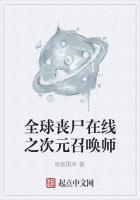without fervently pressing them to my lips, without being penetrated with veneration for a mind little short of inspired by God himself." It was the accidental perusal of Cicero's 'Hortensius' which first detached St. Augustine--until then a profligate and abandoned sensualist--from his immoral life, and started him upon the course of inquiry and study which led to his becoming the greatest among the Fathers of the Early Church. Sir William Jones made it a practice to read through, once a year, the writings of Cicero, "whose life indeed," says his biographer, was the great exemplar of his own."When the good old Puritan Baxter came to enumerate the valuable and delightful things of which death would deprive him, his mind reverted to the pleasures he had derived from books and study.
"When I die," he said, "I must depart, not only from sensual delights, but from the more manly pleasures of my studies, knowledge, and converse with many wise and godly men, and from all my pleasure in reading, hearing, public and private exercises of religion, and such like. I must leave my library, and turn over those pleasant books no more. I must no more come among the living, nor see the faces of my faithful friends, nor be seen of man; houses, and cities, and fields, and countries, gardens, and walks, will be as nothing to me. I shall no more hear of the affairs of the world, of man, or wars, or other news; nor see what becomes of that beloved interest of wisdom, piety, and peace, which I desire may prosper."It is unnecessary to speak of the enormous moral influence which books have exercised upon the general civilization of mankind, from the Bible downwards. They contain the treasured knowledge of the human race. They are the record of all labours, achievements, speculations, successes, and failures, in science, philosophy, religion, and morals. They have been the greatest motive powers in all times. "From the Gospel to the Contrat Social," says De Bonald, "it is books that have made revolutions." Indeed, a great book is often a greater thing than a great battle. Even works of fiction have occasionally exercised immense power on society.
Thus Rabelais in France, and Cervantes in Spain, overturned at the same time the dominion of monkery and chivalry, employing no other weapons but ridicule, the natural contrast of human terror. The people laughed, and felt reassured. So 'Telemachus' appeared, and recalled men back to the harmonies of nature.
"Poets," says Hazlitt, "are a longer-lived race than heroes: they breathe more of the air of immortality. They survive more entire in their thoughts and acts. We have all that Virgil or Homer did, as much as if we had lived at the same time with them. We can hold their works in our hands, or lay them on our pillows, or put them to our lips. Scarcely a trace of what the others did is left upon the earth, so as to be visible to common eyes. The one, the dead authors, are living men, still breathing and moving in their writings; the others, the conquerors of the world, are but the ashes in an urn. The sympathy (so to speak) between thought and thought is more intimate and vital than that between thought and action. Thought is linked to thought as flame kindles into flame;the tribute of admiration to the MANES of departed heroism is like burning incense in a marble monument. Words, ideas, feelings, with the progress of time harden into substances: things, bodies, actions, moulder away, or melt into a sound--into thin air....
Not only a man's actions are effaced and vanish with him; his virtues and generous qualities die with him also. His intellect only is immortal, and bequeathed unimpaired to posterity. Words are the only things that last for ever." (18)NOTES
(1) 'Kaye's 'Lives of Indian Officers.'
(2) Emerson, in his 'Society and Solitude,' says "In contemporaries, it is not so easy to distinguish between notoriety and fame. Be sure, then, to read no mean books. Shun the spawn of the press or the gossip of the hour.... The three practical rules I have to offer are these:- 1. Never read a book that is not a year old;2. Never read any but famed books; 3. Never read any but what you like." Lord Lytton's maxim is: "In science, read by preference the newest books; in literature, the oldest."(3) A friend of Sir Walter Scott, who had the same habit, and prided himself on his powers of conversation, one day tried to "draw out"a fellow-passenger who sat beside him on the outside of a coach, but with indifferent success. At length the conversationalist descended to expostulation. "I have talked to you, my friend,"said he, "on all the ordinary subjects--literature, farming, merchandise, gaming, game-laws, horse-races, suits at law, politics, and swindling, and blasphemy, and philosophy: is there any one subject that you will favour me by opening upon?" The wight writhed his countenance into a grin: "Sir," said he, "can you say anything clever about BEND-LEATHER?" As might be expected, the conversationalist was completely nonplussed.

